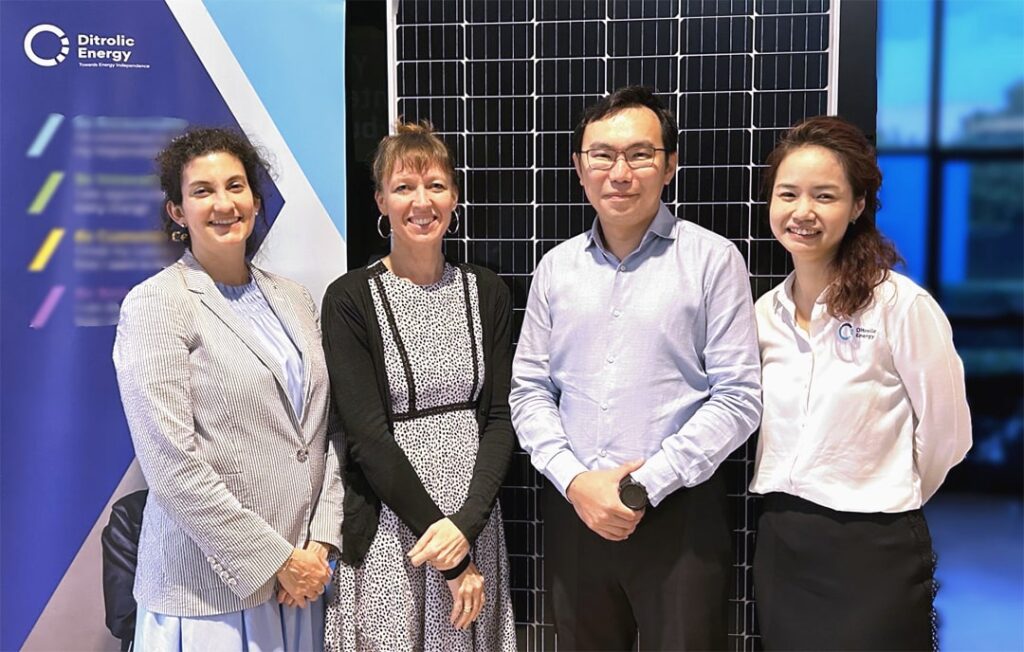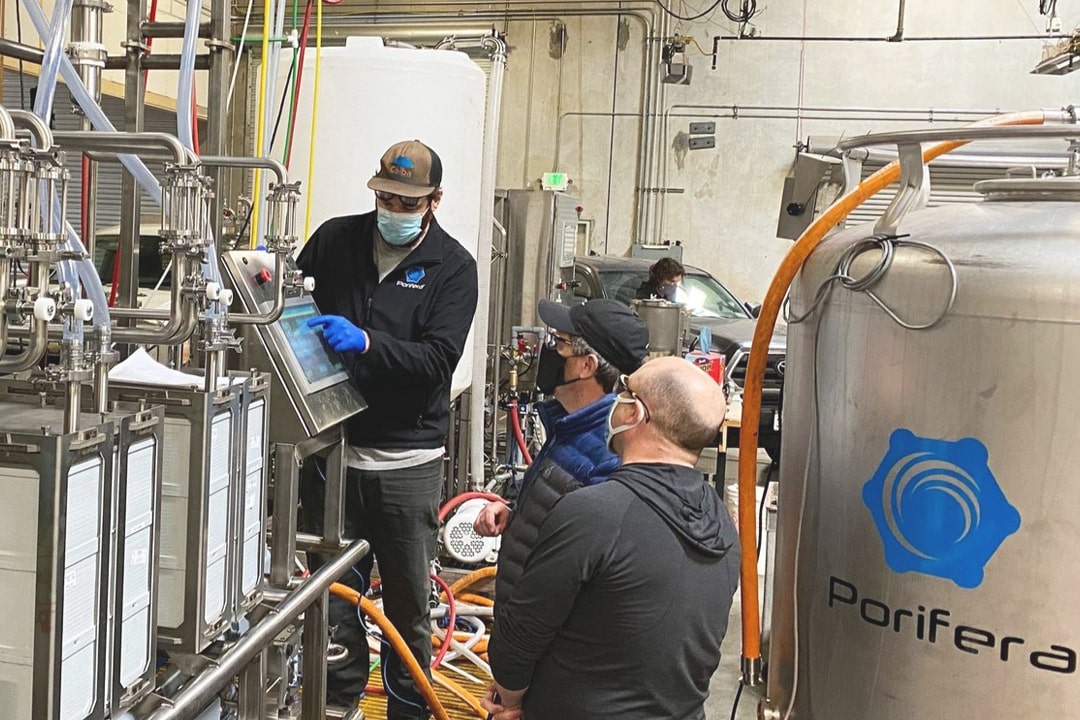Hukumonline receives Series B funding from Indonesia’s MDIF
Hukumonline, a resource portal for law and regulation in Indonesia, has secured an undisclosed sum in Series B funding from Indonesia’s Media Development Investment Fund.
Established in 2000, Hukumonline provides a range of solutions for local legal practitioners, catering to thousands of clients including companies, law offices, government institutions, and universities. The company operates two subsidiaries: Easybiz, which assists micro, small, and medium enterprises, as well as startups, in setting up their businesses and obtaining permits, and Justika, which aims to streamline the online legal consultation process.
In preparation for the launch of new products and services integrating generative artificial intelligence technology, Hukumonline will utilize the capital from MDIF for further development. While the company did not specify the nature of these products and services, it emphasized that they aim to enhance efficiency and effectiveness in presenting legal information, aligning with their mission to meet the growing demands of the market.
Pintar raises USD 3 million in pre-Series A round
Pintar (formerly known as HarukaEdu), an Indonesian edtech company that provides workforce development solutions, has raised USD 3 million in a pre-Series A funding round led by Havez Capital. SIG Venture Capital participated in this round.
According to Tech in Asia, Pintar currently serves over two million users, and its platform is used by companies like Indomaret and Krakatsu Steel, among others. In addition to enterprises, the company has also partnered with Indonesia’s Ministry of Education and the Indonesian Chamber of Commerce and Industry.
Before it was rebranded as Pintar in 2022, the company had raised funding up to the Series C stage with a total disclosed amount of funding of USD 2.2 million.
Pixelmon snags USD 8 million in seed round
Pixelmon, a Web3 gaming IP developed by LiquidX Studios, has snagged USD 8 million in a seed funding round from Animoca Brands, Delphi Ventures, Amber Group, Bing Ventures, Bitscale Capital, Cypher Capital, Foresight Ventures, Mechanism Capital, Sfermion, Spartan Labs, Vista Labs, and Emfarsis, among other investors.
Structured as a massively multiplayer online role-playing game (MMORPG), Pixelmon incentivizes players with non-fungible tokens (NFTs) featuring fractional IP benefits. This unique approach allows token holders to claim ownership rights over a portion of the intellectual properties (IPs) associated with the game. The mechanism facilitating ownership of in-game assets is executed through an IP fractionalization system known as Mon Protocol.
According to DealStreetAsia, the company said that it will use the capital to continue the development of “casual and mid-core games.”
Singapore’s GIC leads USD 140 million investment in Zum
Zum (stylized as “Zūm”), a leading provider of student-focused transportation solutions, has announced the completion of its Series E funding round, securing USD 140 million. This round was led by GIC, the investment body that manages Singapore’s foreign reserves, and saw participation from Climate Investment, Sequoia Capital, and SoftBank Vision Fund 2.
This round brings Zum’s total funds raised to USD 350 million, and elevates its valuation to USD 1.3 billion.
Zum primarily operates in various cities across the US, including San Francisco, Los Angeles, Oakland, Seattle, Chicago, Nashville, and Maryland, among others. It stands as one of the leading companies spearheading the country’s shift to electric school buses, particularly in major metropolitan school districts.
According to Zum’s statement, the company plans to utilize the newly raised capital for expanding its artificial intelligence-driven technology platform. This platform is deemed crucial in decarbonizing the school bus industry, responding to heightened calls to address the impacts of climate change. The company claims that the platform will have the ability to transform bus batteries into “virtual power plants,” enhancing them with the capability to discern when to discharge and recharge. This innovative approach would enable school buses to be utilized during evenings and summers or contribute energy back to the grid.

Ditrolic Energy secures investment from BlackRock
Ditrolic Energy, a renewable energy developer, has reached an agreement with global asset management company BlackRock that will see the latter invest an undisclosed amount through Climate Finance Partnership, its flagship public-private finance vehicle.
BlackRock’s investment is aimed at backing Ditrolic’s expansion in emerging markets across the Asia Pacific, focusing on its realization of solar projects within its pipeline. These projects are distributed throughout the region, spanning Bangladesh, Indonesia, the Philippines, as well as Malaysia, where Ditrolic is presently based. Ditrolic also has solar assets in China.
In addition, Ditrolic will utilize a portion of the capital for the expansion of EnerLoop, its clean energy solution.
“Ditrolic Energy holds a proven solar development track record in this diverse region. Our partnership presents an attractive opportunity to mobilize more capital into climate infrastructure in emerging markets and accelerate national ambitions to achieve net zero economies,” said Valerie Speth, APAC co-head of climate infrastructure at BlackRock.

Vietnamese coffee chain Revi reportedly raises funding
Revi Coffee and Tea (stylized as “Révi”), a Vietnamese tech-enabled coffee chain, has reportedly raised an undisclosed amount of funding from TNB Aura, Touchstone Partners, and AiViet Venture, according to DealStreetAsia.
Recent deals completed in China:
- Yunding Intelligent Control Technology, a Chengdu-registered company specializing in the development of guidance, navigation, and control (GNC) systems, has raised an undisclosed amount of funding from Hainan Yincheng Information Technology. —36Kr
- Semi-Tech, a Shanghai-headquartered semiconductor company, has completed its Series C+ funding round, securing an undisclosed sum of investment. The round was led by Orinno Capital. —36Kr
- Yuntu Semiconductor, a Jiangsu-based semiconductor company, has banked a nine-figure RMB sum in a Series B2 funding round led by the China Structural Reform Fund. The round also saw participation from Wuxi Capital Group. Yuntu will allocate the capital toward R&D and commercialization. —36Kr
- Jujube Health Technology, a provider of digital therapeutics for people with autism, has raised RMB 10 million in an angel round of financing led by QF Capital. Minde Consulting and existing investor Heroad Investments also took part in this round. —36Kr
- Aero, a developer of smart music instruments, has bagged over RMB 10 million in a pre-Series A funding round led by FreesFund. The company will utilize the funds to expand its line of smart instrument products, conduct R&D, and expedite the mass production and promotion of its products. —36Kr
- Huamei New Material Technology (Huamei Material), one of China’s earliest manufacturers of silicon carbide ceramic materials, has snagged over RMB 100 million in a funding round led by SparkEdge Capital. Restone Capital, China Fortune-Tech Capital, Runzhang Capital, Hi-Tech Capital, and other institutional investors contributed to this round. —36Kr
- Shanghai Spacecom Satellite Technology (SSST), a state-backed space technology company, has raised RMB 6.7 billion in a Series A funding round led by a fund set up by the National Manufacturing Transformation and Upgrading Fund (NMTUF). NMTUF’s backers include China’s finance ministry and state-owned companies such as China Tobacco. SSST will use the capital to construct a low-orbit satellite constellation, according to Reuters.
Silverstrand Capital, Amber Electric, Ambogen, and more led yesterday’s headlines:
- Silverstrand Capital, a Singapore-based family office, invested an undisclosed amount in Porifera, a California-based technology company specializing in the development of forward osmosis membrane solutions.
- Amber Electric, an tech-enabled energy provider based in Australia, has bagged AUD 29 million in capital. This investment was led by New Zealand-listed software company Gentrack with the support of Breakthrough Victoria and Rubio Impact.
- Anbogen Therapeutics, a biotechnology company specializing in cancer drug development, has completed its Series A funding round, securing USD 12.5 million. The round was led by the China Development Industrial Bank (CDIB), with significant contributions from Taian Venture Capital, Maxpro, and the National Development Fund of Taiwan.
If there are any news or updates you’d like us to feature, get in touch with us at: [email protected].

